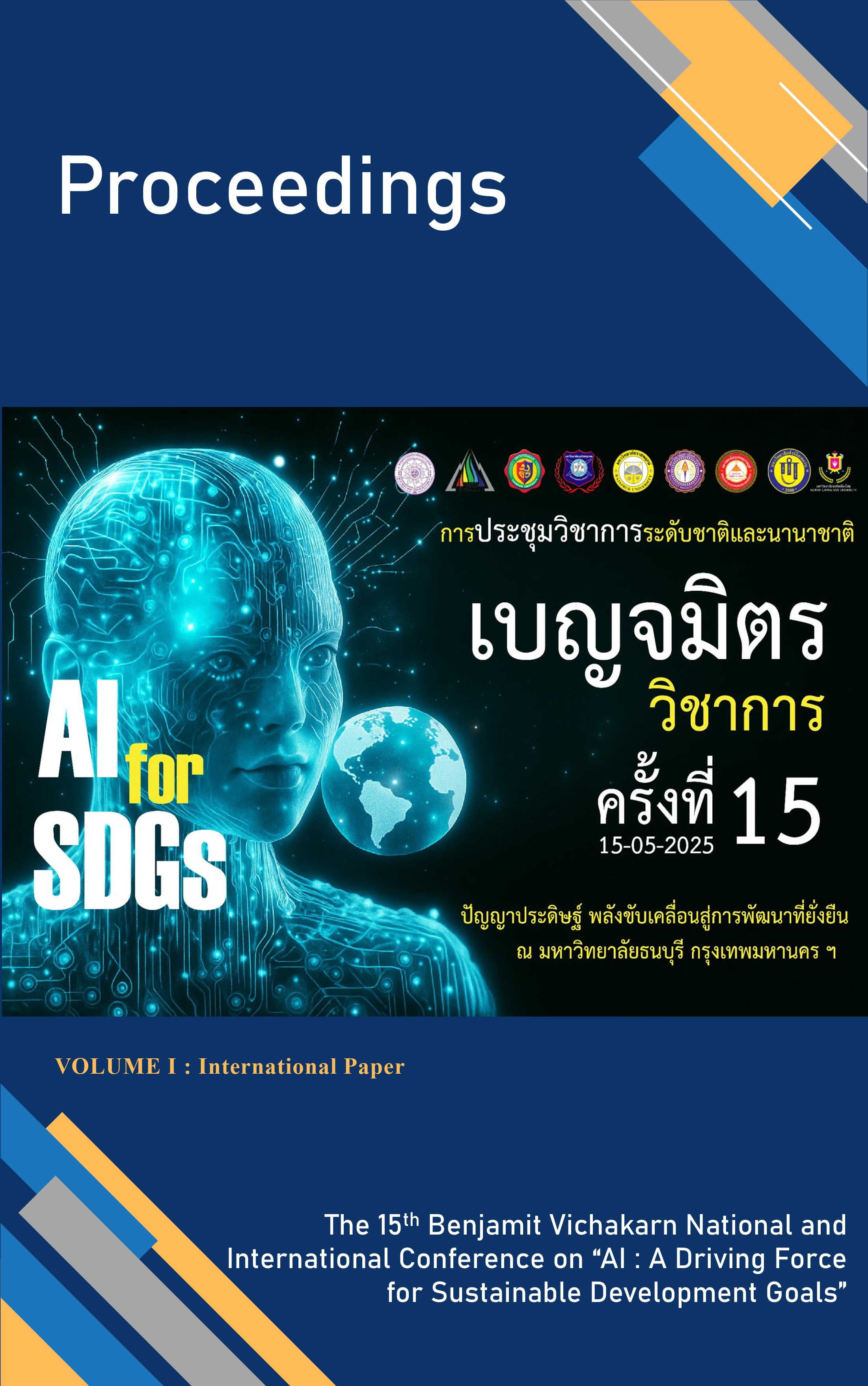Outdoor Learning Strategies for Tourism Students
เนื้อหาบทความหลัก
บทคัดย่อ
This article presents a literature review exploring outdoor learning strategies for tourism students, focusing on suitable models of out-of-classroom learning in the context of contemporary tourism education. The purpose of this article is to examine the out-of-classroom learning models for students majoring in tourism and related fields. The study covers various aspects including definitions, learning models in tourism education, the application of learning methods and curricula, and assessment techniques. The findings reveal several key learning models, such as experiential learning, where students learn from real-life experiences; outdoor learning, which involves outdoor activities; and field trips, which provide educational visits outside the classroom. Additionally, extracurricular learning, non-formal education, and beyond the classroom learning are highlighted as important elements. Other strategies such as internships and work-based learning, role-playing and simulations, project-based learning, and community-based tourism (CBT) engagement are also examined. The study also considers the value of study abroad and exchange programs, business English for tourism, and trends in the tourism industry. These learning models are found to be appropriate for the current situation and the structure of tourism curricula. Their application depends on real-world contexts and the adaptability of the learning approaches.

